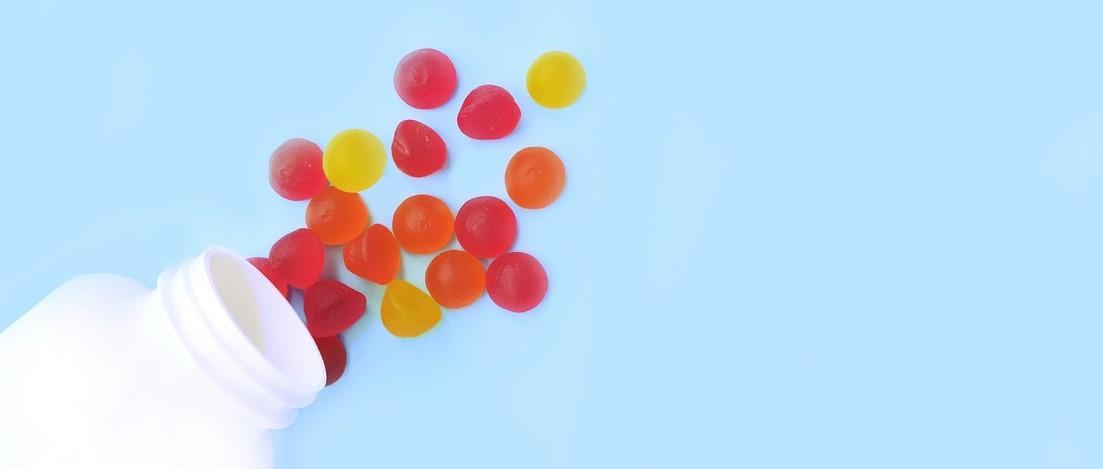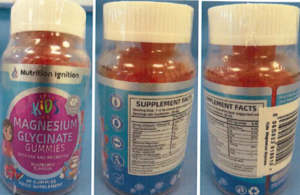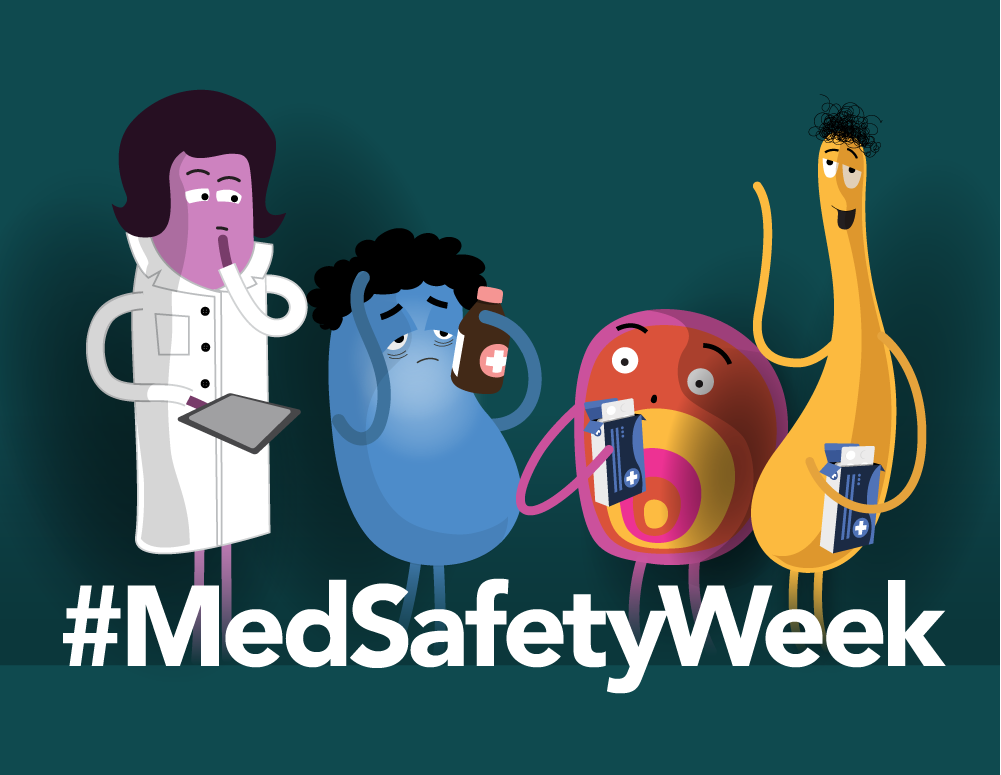
Hidden sleep hormone in gummies prompts urgent warning
Peer reviewed by Dr Colin Tidy, MRCGPAuthored by Thomas Andrew Porteus, MBCSOriginally published 19 Aug 2025
- DownloadDownload
- Share
Parents and caregivers have been advised by the UK’s Medicines and Healthcare products Regulatory Agency (MHRA) to stop giving children Nutrition Ignition Kids Magnesium Glycinate Gummies.
Read here to find out why the warning has been issued and what you need to do about it.
The MHRA issued the warning on the Nutrition Ignition Kids Magnesium Glycinate Gummies after tests found the product contains melatonin, a prescription-only medicine not listed on the label.
Nutrition Ignition Kids Magnesium Glycinate Gummies

The gummies, marketed as 'a simple supplement to support calm, focus, and digestion in children aged four and older,' were tested in two batches. Each gummy was found to contain between 1.5 and 1.7 mg of melatonin. Packaging suggests a daily intake of one to two gummies, so even the lowest dose could deliver more melatonin than is usually prescribed - and without any medical supervision.
Although melatonin is used in the UK as a prescription treatment for certain sleep conditions in children over six, the usual starting dose for children is 1 mg, rising under medical supervision up to a maximum of 5 mg at night.
Melatonin is generally cleared by the body within twelve hours, and lasting harm is not expected. However, taking too much can cause side effects such as drowsiness, headaches, dizziness, and nausea.
Dr Alison Cave, chief safety officer at the MHRA, emphasised the need for immediate action.
“We advise any parent or caregiver to stop use of this product and safely dispose of it. Anyone who suspects that their child, or a child in their care, is having a side effect from this product is advised to stop taking it and speak to a healthcare professional and report it directly to the MHRA Yellow Card scheme."
Though sold online as a food supplement, nutrition gummies containing melatonin are regulated as a medicine under UK law - which led the MHRA to withdraw all listings from online retailers.
What parents should know and do
If you have these gummies at home you should store them in a tamper-proof container, out of reach of children, and take them to a pharmacy for safe disposal.
Stop giving the gummies immediately. If your child has already taken them, monitor for any of the known side effects.
Seek medical advice if concerned. Talk to your doctor, pharmacist, or another healthcare professional, especially if your child has symptoms.
Report any side effects. Use the MHRA Yellow Card scheme to help keep such products under scrutiny.
Dispose of them correctly. Don’t throw them away in household waste. Store in a secure container and bring them to a pharmacy.
Patient picks for Other treatments

Treatment and medication
What is #MedSafetyWeek and MHRA Yellow Card scheme?
If you had a bad reaction to a medicine or medical device, or suspected it was unsafe in any way, would you know how to report it? For this #MedSafetyWeek we find out about the MHRA Yellow Card scheme - a quick and simple way of reporting suspected problems with medicine in the UK. A small action from you can keep our medicines reliable, and prevent others from future harm.
by Victoria Raw

Healthy living
What to do when your child can't sleep
Sleep, along with diet and exercise, is fundamental to a child's emotional and physical well-being. But as many parents can attest, ensuring their kid gets adequate slumber is easier said than done. What should you do if counting sheep just isn't doing the trick for them? We ask a paediatrician for their top tips.
by Julian Turner
Article history
The information on this page is peer reviewed by qualified clinicians.
Next review due: 19 Aug 2028
19 Aug 2025 | Originally published
Authored by:
Thomas Andrew Porteus, MBCSPeer reviewed by
Dr Colin Tidy, MRCGP

Ask, share, connect.
Browse discussions, ask questions, and share experiences across hundreds of health topics.

Feeling unwell?
Assess your symptoms online for free